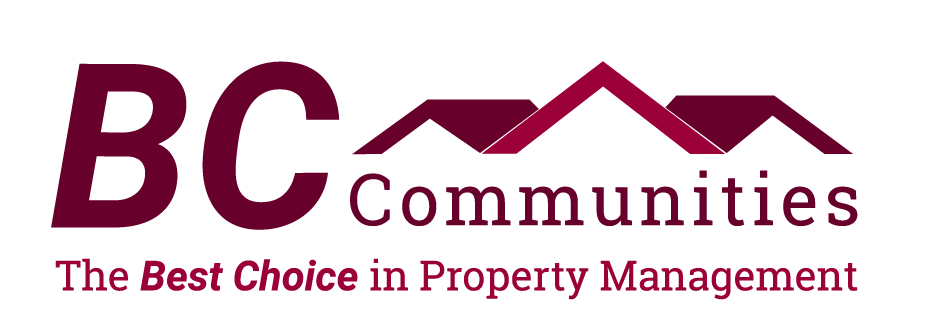Q and A
What is a homeowner’s association and/or condominium association?
Many residential communities have a homeowner’s association (HOA) structure to help maintain a clean and cohesive atmosphere in the neighborhood. Also, when you buy a condominium, townhouse, or single-family home within “a planned development” you may also encounter the HOA structure.
While the HOA will at times spare the homeowner from some responsibilities they can also come with some homeowner obligations.
Planned Development HOAs
Moving into a planned development often requires you to join the community’s homeowner’s association (HOA) and pay its fees to help cover the upkeep of common areas, shared structures, and exteriors. Membership also binds you to the association’s covenants, conditions, and restrictions (CC&R). Those rules could thwart your dream of having a purple front door, say, or of leaving your RV in the driveway since the CC&Rs typically include stipulations about the appearance of your home and the vehicles you can park outside it.
Why does my association have rules?
Your association’s rules and regulations are created to protect and enhance your community’s aesthetics and property values, promote its lifestyle and encourage a friendly, amicable and fair environment for residents. While the rules limit certain liberties pertaining to your home or community, they also prevent your neighbors from performing nuisance or disruptive actions or behavior. All Members are obligated to obey its rules and regulations.
How do I know my association’s rules?
Your association’s specific rules and regulations are defined in the Governing Documents (Articles of Incorporation, Declaration, Bylaws, etc.), which provide comprehensive information about the association’s responsibilities and operations, as well as the Covenants, Conditions & Restrictions (CC&Rs), which detail its policies and procedures on architectural guidelines, pets, parking, noise, amenity usage, rentals, fee schedules, non-compliance fines and much more.
What are association fees and what are they used for?
HOA fees are used to pay the expense of ongoing maintenance and repairs to a community’s common areas, equipment, systems and shared amenities. Payments are made monthly, annually, semi-annually or quarterly, depending on the community.
How do I report a problem, question or concern?
Problems, questions and concerns may be reported by accessing https://bccommunities.org/ and scrolling down to the bottom of the home page. On the left side of the page, you will find an inquiry area that must be completed and include pertinent details.
Additionally, problems, questions and concerns may be reported by email submission to frontdesk@bccommunties.org .
What Is an Estoppel Letter (Resale Certificate) from a Homeowners Association?
If you are buying a property governed by a homeowner’s association, your lender must receive an estoppel letter from the HOA prior to the closing. The purpose of the estoppel letter (resale certificate), a legally binding document, is finding out whether the seller has any outstanding balances owed to the HOA. Such balances could end up with the HOA putting a lien on the property. Typically, the real estate agent for the buyer will order the estoppel.
How to obtain an Estoppel Letter (Resale Certificate)?
Resale Packages
Please visit www.HomeWiseDocs.com and select the Sign-Up link to register to request Re-sale Certificates, Payoff Statement’s, Questionnaires, and Association Documents. The system is geared toward user experience and includes options to order by address or association name searches, the ability to share your order with up to five email addresses, hard copy delivery options available, email and SMS text completion notices for users, rush order requests, tracking your orders online with order confirmation numbers and payment for your orders by credit card, check or e-check.
How to pay association assessments and dues online?
Alliance Bank Customer Online Bill Pay accepts online payments by visiting:
https://onlinepay.allianceassociationbank.com/
The information required when making a payment includes your unit identification number, association identification number and management identification number (7246). Your unit identification number and association identification number are located on your coupon book and additionally, may be provided by contacting BC Communities at 302.234.7710.
Pay Lease accepts online payments and can be accessed by visiting:
https://bccommunities.org/make-a-payment
How do obtain approval to make an exterior modification to my condominium, townhouse, or single-family home?
All exterior modifications must be approved in writing prior to the commencement of any project. To obtain an architectural change application form for a modification, addition, or architectural change, please contact BC Communities at 302.234.7710. Submissions must include a completed architectural change application form detailed information regarding the requested change, a lot survey, photographs when applicable and specifications as outlined.
What is an annual meeting?
Community associations are required to hold one meeting of their members each year. The major purpose of annual meetings is to communicate with homeowners about relevant business conducted by the association’s board of directors, as well as about other important association matters. These meetings also provide an opportunity for homeowners to be heard, ask questions and discuss issues. Annual meetings are often scheduled to coincide with board member elections. In addition, homeowners generally vote on their annual budget at these meetings.
What is a board meeting?
Every community association is governed by a board of directors elected by the members of the association. The board is required to meet on a regular basis, as outlined in the association’s governing documents. At these meetings, the board discusses items such as the association budget, any new policies or rules being considered, progress reports on capital improvements, committee reports and other association business.
